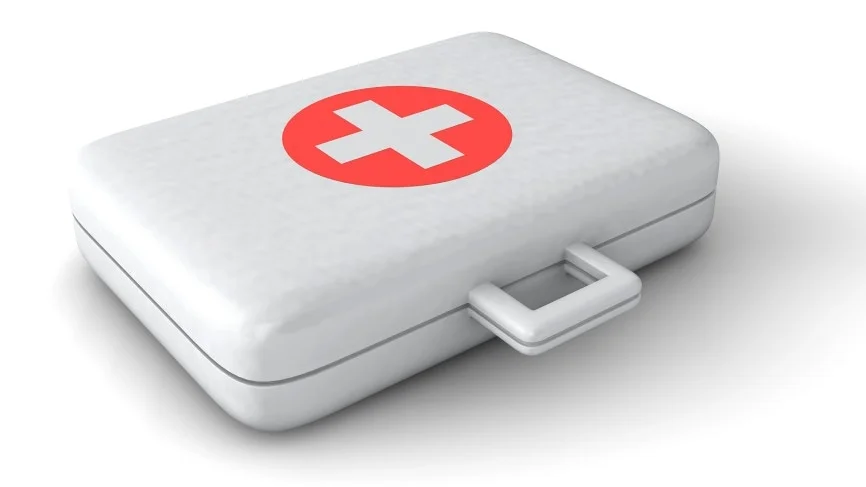3 things for new mums to look out for post baby
In the first few weeks of a brand new baby, there is joy and exhilaration and that delicious, adorable, sweet smelling, bundle of squidgy limbs and tiny features to love. However, babies also come packaged with sleepless nights, difficulty latching on or finding the right feeding regime, as well as worry, overwhelm, raging hormones and the rest of the family to care for.
Somewhere in the crazy mix I want to encourage you to stop and think about yourself. At &Breathe and via my website, Supported Mums, we believe that if your body is in a good place then you can cope better with the demands of motherhood.
Make sure you check these three things today:
What's your bottom area feeling like?
If you had a vaginal birth, or indeed if you pushed for a long time before a caesarean delivery, then stop to assess how the pelvic area is healing. The pelvic floor needs the same love, care and attention in the first hours, days and weeks after delivery as any other soft tissue injury. It’s normal to feel sore and delicate but you should also feel that you are ‘on the mend’ with each day.
If you have a a persistent pain, soreness, burning and/or find that you are reaching for painkillers, it is really important to make sure that you don’t have an infection in the area or a stubborn, irritating stitch. Even if it is in your nature not to complain don’t be stoic. I remember clearly the embarrassment of asking my GP to “have a look“, 3 weeks after my baby. But then the instant relief of having a rogue ingrowing stitch removed. I wanted to cry when I realised how the constant ‘discomfort’ had been spoiling my days till then.
Bladder infections, bacterial growth, thrush, irritable stitches are all very common complications after a vaginal delivery. Call your midwife or GP today if you think you someone you should have a look before your routine 6 week appointment.
Might you be constipated?
I bet you've got a chart for the baby - but you may have lost track of when you last had a poo? The hormones send the body a bit crazy initially but what was your normal? Were you an every morning kind of girl or more 3 times a week? Signs of constipation are a longer than normal (for you) gap, hard pellet like stools, bloating, bad breath or taste in your mouth and most noticeable after a delivery can be a heavy pressure in the vagina and bowel.
Today, make a deliberate effort to have some privacy in the loo (leave the baby on the floor outside) and take time to see if the bowel wants to work. Top tips: put your feet up on a children’s step to get your knees higher than your hips, read a book (it helps relax your body), support then perineum with a pad of tissue if it feels vulnerable, and don’t try to push too much - rather pant and deep breathe to help things out.
Can you find your pelvic floor?
In the early days of healing don’t be frightened by the idea of having to do hundreds of pelvic floor exercises every day. ‘Training’ your pelvic floor comes later. In these first few weeks the priority it to use pelvic floor contractions to help to get the perineal swelling down, promote blood flow for the healing process, stop you feeling stiff and uncomfortable and to remind the muscles how to work.
Every time you go for a wee today don’t rush back out of the toilet. Pause, take a moment. Either sit on the toilet lid or stand. Close your eyes, concentrate and take half a minute to connect your brain to your pelvic floor muscles. I like the routine of trying to contract around the back passage (like stopping wind) 5 times, relaxing properly to zero between each contraction.
Then think about the vagina/bladder tube area at the front and try to get some “lifts” or “pulses” here 5 times, then last of all try both together for 5 contractions. Make it a habit, then your pelvic floor is getting a brain reminder 5-6 times a day without it becoming a chore.
MOTs aren't just for cars
At &Breathe we believe in Being Your Best You to be at your best for everyone around you. Our retreats and events allow you the selfcare time you deserve and through this Spring, we're sharing ways to #BeYourOptiMUM - what's yours?
Tag #BeYourOptiMUM and tell us!


